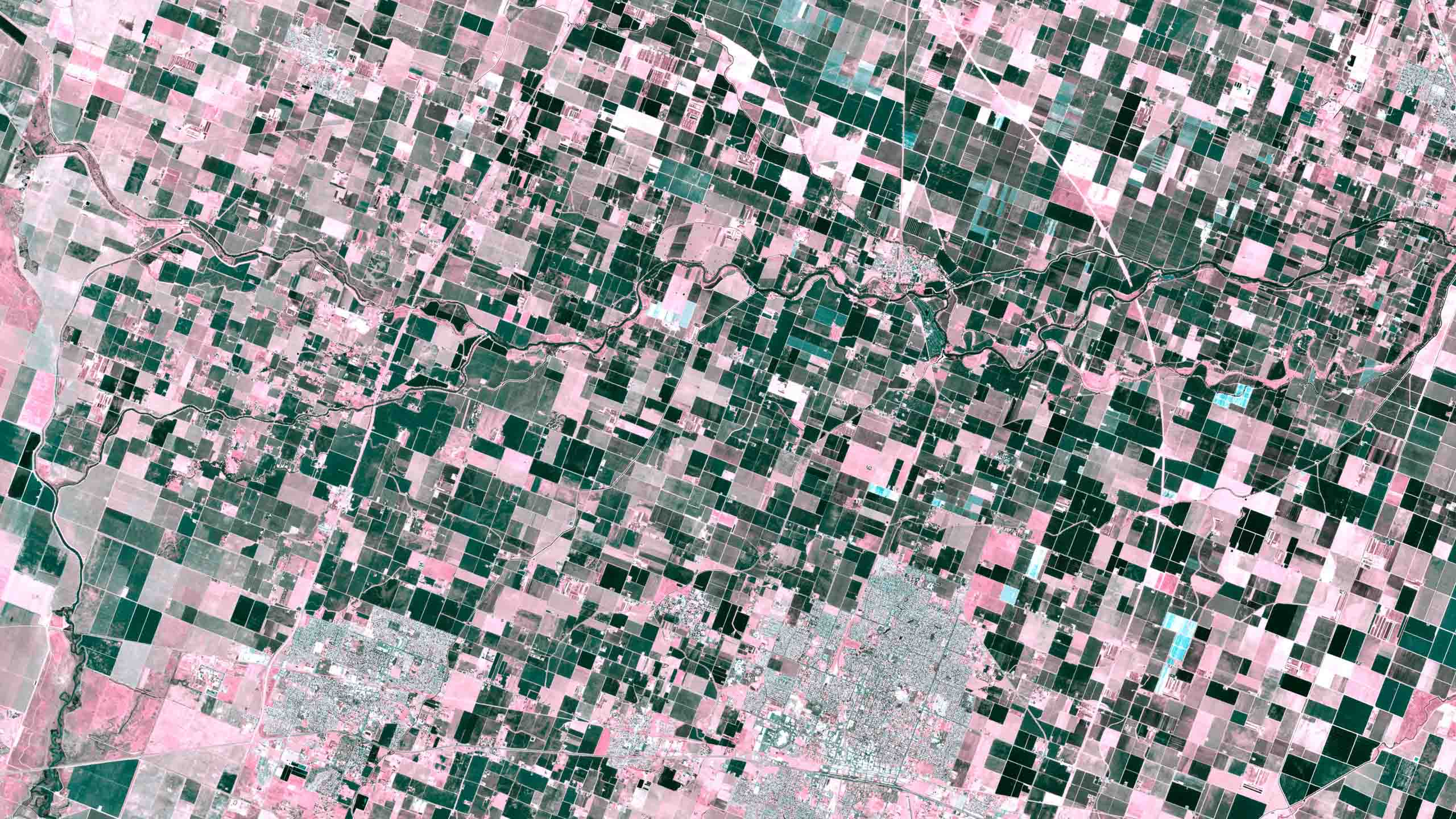Graduate Program
Master of City and Regional Studies (MCRS)
The Master of City and Regional Studies (M.C.R.S.) is a 30-credit degree offered in specialized circumstances. Applicants must hold an advanced degree and have planning practice experience.
Program of Study
Requirements and admission standards are otherwise comparable to the M.C.R.P. two-year degree. The 30 credits required for this degree include core required courses in theory and urban economy and two semesters of methods, including Planning Methods (34:970:516). Studio courses are not required. Course of concentration can be determined with faculty advising. All M.C.R.S. candidates are required to pass an extensive comprehensive examination.
International Students
International students may take coursework from other Rutgers units to complement the program of study. In addition, international students take on a series of professional research and internship experiences throughout their program of study with planning and public policy, private, non-profit, and government sector organizations. All professional work experiences must be approved by the advisor/program director following school processes and with the Rutgers Global Center for proper CPT paperwork. OPT opportunities are also available if approved by the Rutgers Global Center.
Academic Standing
Students must maintain an overall grade-point average of 3.0 in order to graduate. If a student’s grade-point average is below a 3.0 at the end of a semester, the student will have one semester to improve the average to 3.0 or greater. During the semester, the student will be on probation. Additionally, a student cannot graduate with more than three courses (9 credits) with grades of C+ or below.
Degree Programs
Faculty
Program Faculty
Emeritus Faculty
Affiliated Faculty
Part-Time Lecturers & Instructors
Student & Academic Services
Steve Weston
Assistant Dean of Academic Administration
Courtney Culler
Associate Director for Graduate Student Services
Greg Marrero
Senior Counselor, Graduate Student Services
Andrea Garrido
Assistant Director for Career Management for Planning, Policy, and Informatics Masters Students
Cheryl Egan
Assistant Director for Career Management for Health Administration Masters Students
Areas of Concentration
The program offers six areas of concentration that allow students to specialize in one or more fields of planning, in addition to taking the required core courses. These concentrations are intended to help students develop a program of study that will help them fulfill their individual career goals.
Certificate Programs
Certificates are groupings of five or so courses offered by key, multiple departments that if taken, indicate that the student has developed cross-disciplinary expertise in a particular subject area. The Bloustein School offers 10 graduate certificate programs in transportation, climate change, energy, public policy, real estate, historic preservation, and more.
















